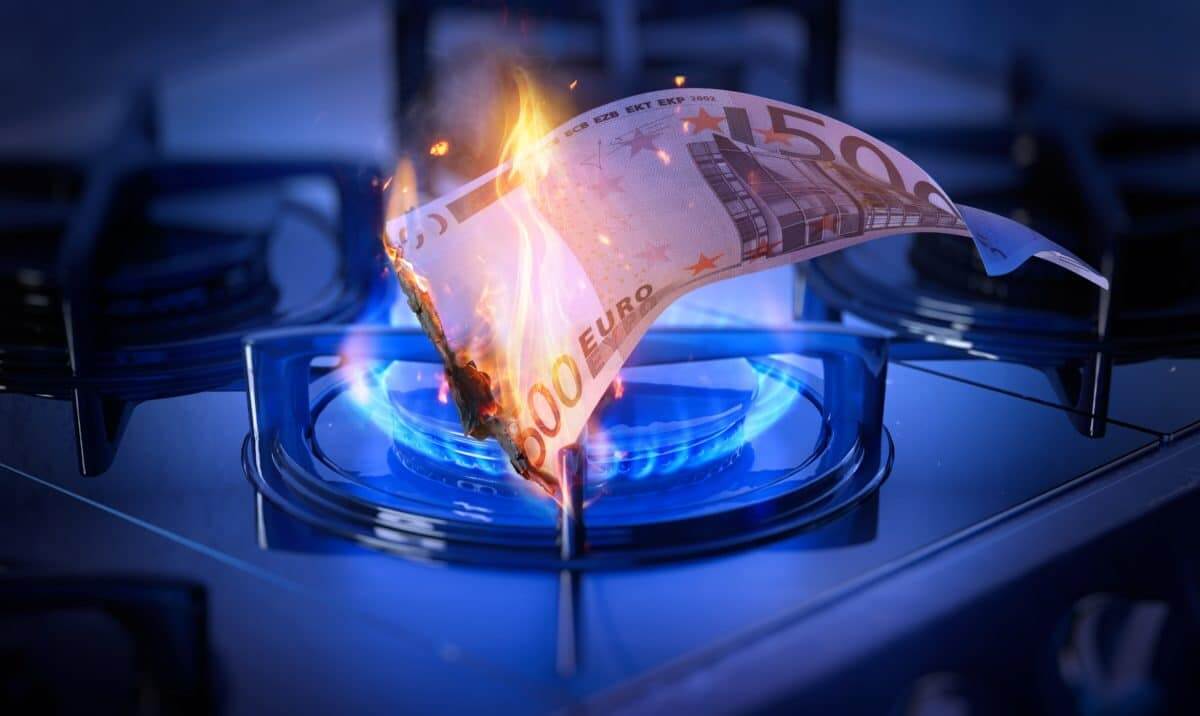
China Crude Oil Energy Crisis, Algeria Gas Export
The global energy landscape is ever-evolving, with countries constantly seeking reliable sources of crude oil and natural gas amidst the challenges posed by the energy crisis. In recent developments, China, the world’s largest crude oil importer, witnessed a decline in its crude imports from Russia in April. At the same time, Algeria, a significant player in the gas export market, is poised to maintain its strength in gas exports.
China’s Crude Imports from Russia Fall in April
China’s insatiable appetite for crude oil has led it to rely heavily on Russia as a major supplier of energy stores. However, recent data shows a decline in China’s crude imports from Russia in April. This shift in import patterns can be due to various factors, including geopolitical tensions, price fluctuations, and efforts by China to diversify its energy sources.
While the precise reasons for the drop in imports are multifaceted, it highlights China’s importance in maintaining a diverse portfolio of crude oil suppliers. This is a strategic measure to mitigate potential disruptions and enhance energy security. As China navigates these challenges, it will likely continue exploring alternative sources and forging new partnerships to ensure a stable and reliable supply of crude oil.
Algeria Eyes Continued Gas Export Strength
On the other side of the energy spectrum, Algeria, a prominent natural gas exporter, has been steadfast in its pursuit of maintaining export strength amidst the challenges posed by the European energy crisis. Algeria has become a key player in supplying natural gas to European markets with a robust gas infrastructure and abundant reserves. The country’s favorable geographic location and proximity to major European consumers have further solidified its position as a vital gas supplier.
Algeria recognizes the importance of diversifying its export routes to Europe to ensure a steady flow of natural gas, especially in light of the Europe energy crisis emergency resource. The country has been actively working on expanding its pipeline infrastructure and exploring other options, such as liquefied natural gas (LNG) shipments and interconnectivity projects.
Energy Crisis: Current Statistics and Future Prospects
As of now, China’s decreasing crude imports from Russia in April have raised concerns about the sustainability of their energy partnership. However, it is important to note that this decline does not indicate a long-term trend. China’s energy needs will continue to grow, and Russia’s vast oil reserves make it an attractive supplier.
Meanwhile, Algeria’s gas export strength remains robust. With Europe’s increasing focus on reducing greenhouse gas emissions and transitioning towards cleaner energy-efficient sources, the demand for natural gas is expected to rise.
In conclusion, these developments in China’s crude imports and Algeria’s gas exports exemplify the intricate web of relationships and strategies that shape the global energy market amidst the ongoing challenges of the energy crisis. As countries adapt to changing circumstances, they strive to balance reliability, affordability, and sustainability.




